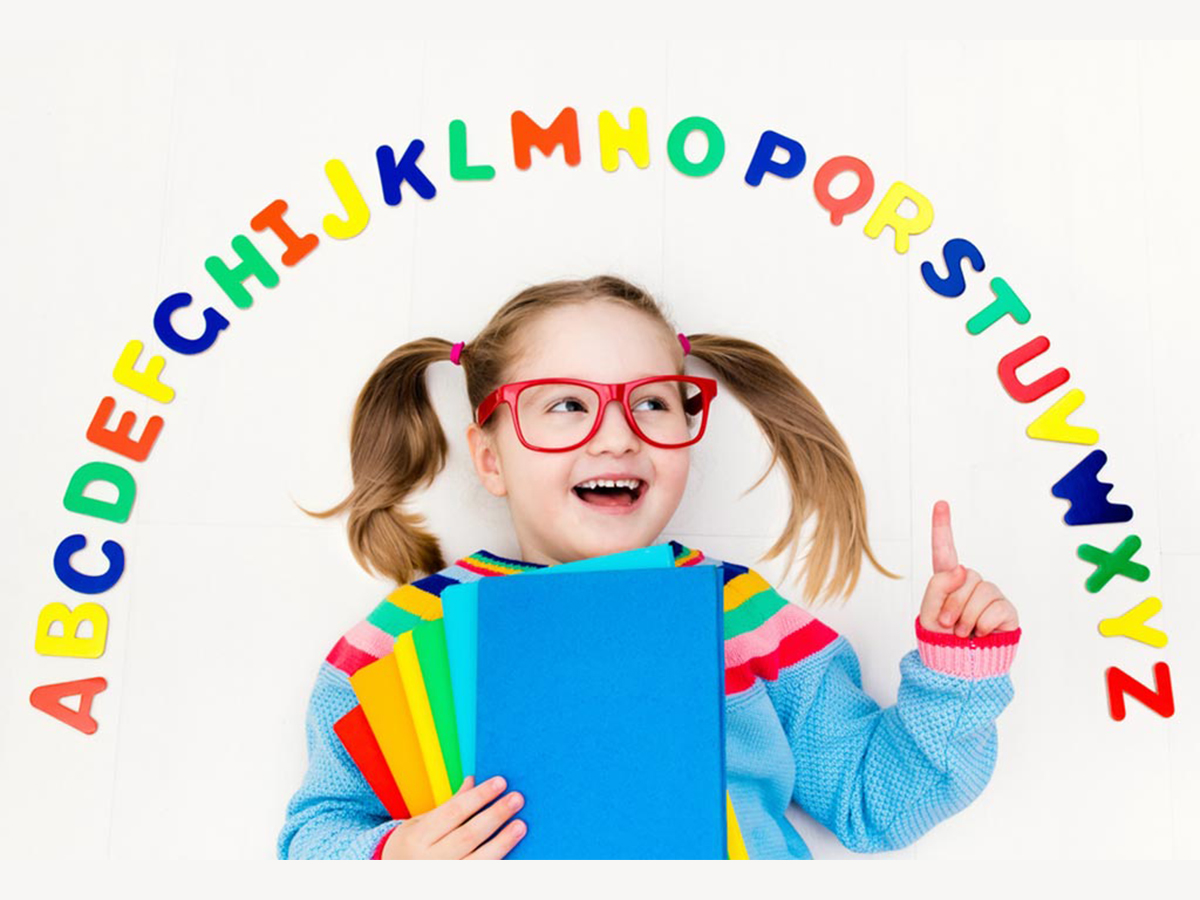

Teaching a foreign language to a small age group is only possible by making children love the targeted language. However, children only accept something they love and want to, but they reject something they do not like. This approach also applies to a foreign language. It is not possible for children to approach the issue rationally like older age students. Therefore, making children like the language should be part of every language education. In this case, the following items for the young age group can be listed as important points in language teaching:
How to teach children English?
Providing English language education to the child before the age of 3 is very effective for learning the language. The child can learn both languages well in an environment they are speaking their mother tongue and English. Therefore, by paying attention to some points, children can be easily taught English from a very early age.
At what age should foreign language education for children begin?
The methods used in teaching English to children vary according to age groups. Some studies have shown that the best time to learn a foreign language is between the ages of 0-6 for children. During this period, the child learns what they hear more and makes it permanent through imitation. Audio resources such as television and radio play assume an active role. It is more efficient to teach language through what he/she likes due to the tendency of children to repeat and imitate what they like. For instance, watching English cartoons will be very helpful for learning English. Some of the other activities that can be done with children in the preschool period are:
When teaching English to school-age children, written and verbal, and visual methods are used. During this period, it should place special emphasis on basic skills such as reading, writing, listening, and speaking. Therefore, we should also remember to practice while teaching students the structures and rules of the language. Because we should not forget that language is a means of communication. Therefore, the most effective foreign language learning method is to practice speaking.
As Early Years Foundation (England Early Childhood Education), we have a “Kids” program that we have prepared to teach children foreign languages. The materials we use are visual, auditory, and also written. Our courses are accompanied by both Turkish and foreign instructors. Therefore, it is a program that appeals to children three years of age and is specially prepared for them.
Contributions of Foreign Language Learning to Children
Why Early Years Foundation?
Innovative curriculum
Our children learn each event with an appropriate pronunciation from an expert in English. Trainers who speak two languages focus on the development of every child with activities.
A wide vocabulary is a basis for education
Our children have opportunities to explore too many words and idioms. As the levels progress, many learned words are integrated with new content; thus, the understanding of the language is strengthened. Students build their English skills gradually.
The importance of the course is in Daily English
Our children learn the words and idioms used in daily speech in English. Children learn words for use in interactive exercises and games.
Opportunities to speaking practice English
Each course encourages our children to practice English in a safe and fun environment. Children will speak in groups or individually as their self-confidence occurs. Our children always learn to ask and answer in complete sentences.
Classic English Rhymes and Songs to reinforce lessons
Our children learn and sing the traditional English rhymes and songs that their peers know at the same age. When children sing songs, they quickly adapt to English and actively use the words they learn in the course.
Learning the world's leading countries to expand the worldview
Our children have the opportunity to inform about thirty-seven different countries around the world. They significantly expand their global perspectives and understand cultures that are different from theirs.
Interactive Games for 3-6 years of age to warn the desire to learn
Our children learn English through games, which helps maintain the information they receive in the course. Games allow them to focus and show high interest in language. Games also create a stress- free environment in which children feel comfortable, which helps to develop spontaneous English communication.


Our team of experts, inspired by the most respected education systems and approaches, tried
to create an international standard that would exceed the national standards of some education
systems.
The IEYP International Early Years Program is comprehensive and follows high
international standards.



